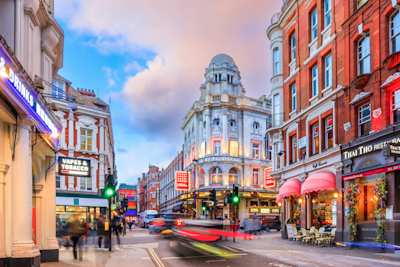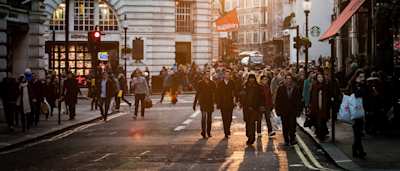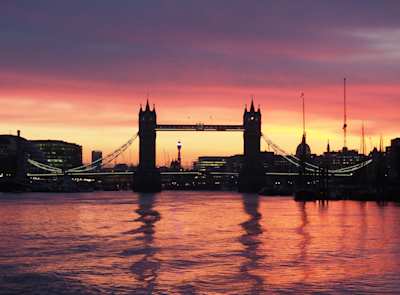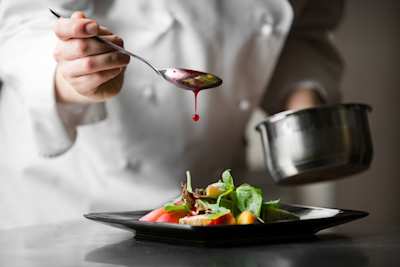Essential Things to Know Before Visiting London
Want the air of a true Londoner? Then wise up on this fascinating (and at times confusing) city before you travel.
~
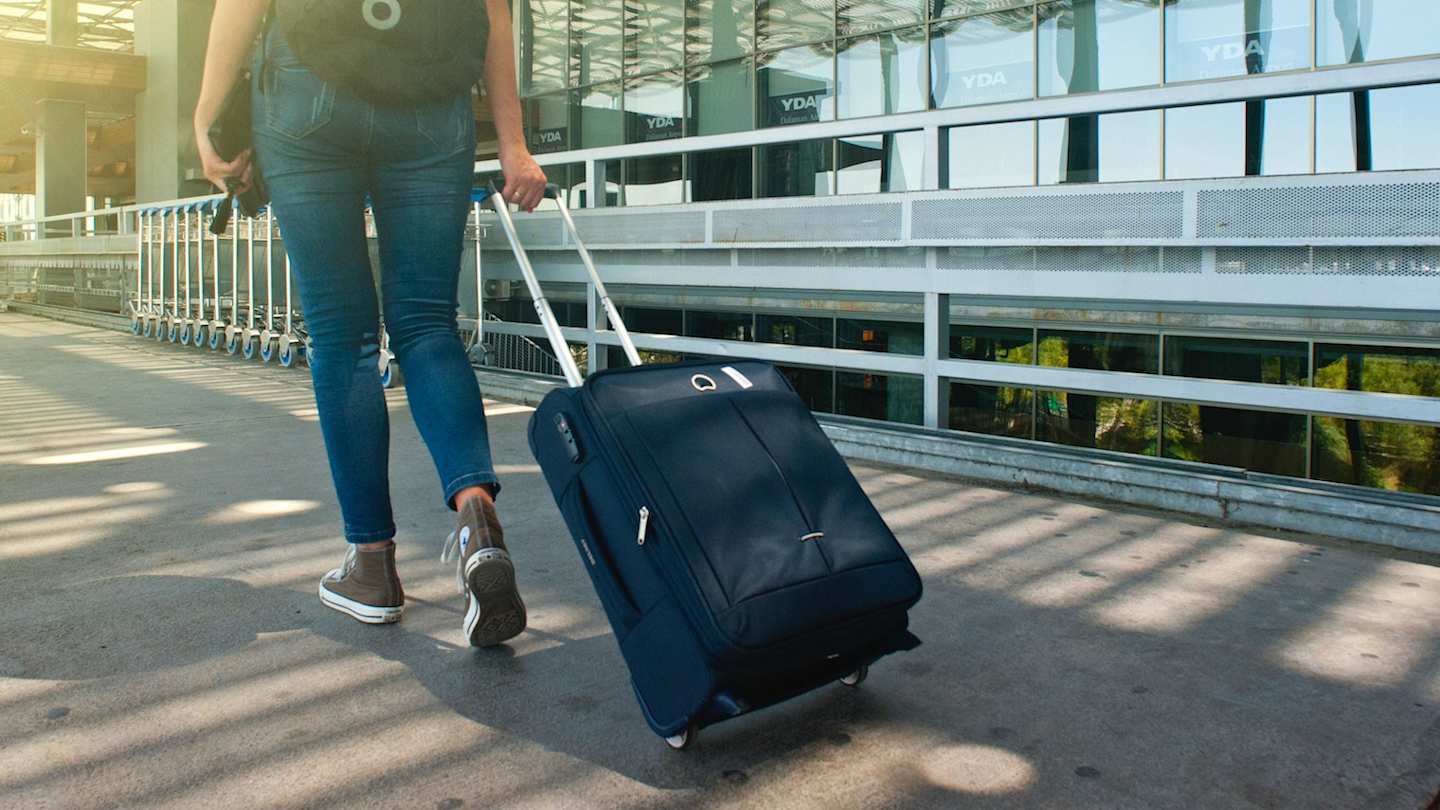
So, you're heading to London and you're looking to prepare yourself for the trip? Leave it to us here at Plum to guide you through all of the essential things to know before visiting London. From what to pack, to how to get there to what to do when you arrive, we've got you covered.
Arriving into London
If you’re flying into London, you could be flying into any one of the city's major airports: Heathrow, Gatwick, Stansted, Luton or City (if you fly into the Canary Wharf-adjacent City airport, extra style points for you). Believe it or not, there is an additional sixth London airport (because five wasn't enough?), but London Southend receives relatively few flights compared to its more popular peers. Each of these airports offers various public transport options for travelling into London.
If you’re considering renting a car to get around London, may we offer a kind word of advice: don’t. Unless you’re already used to driving on the left, this learning curve is harder than you might think (especially if you’re jet-lagged). Traffic and parking is also a nightmare (not to mention the congestion charge in central London), so leave the driving to black cabs or Uber and save yourself a lot of hassle. Understanding that this is a city that runs on public transport – literally everyone uses it – is one of the things to know before visiting London.
Heathrow is the easiest option for West London, with the Piccadilly Line running directly from the airport. Just bear in mind that you will spend quite some time on that dark blue tube line – a fact balanced out by the journey's relatively cheap price tag. Alternatively, several coaches go directly to central London, for example to Victoria Station, where you may also catch the Tube, board a train or, catch a coach to elsewhere. Of course, taxis are also an option, but the rates from the airport into London can be steep, and there’s no guarantee it will be any faster than public transport. If speed is of the essence, the direct Heathrow Express travels to and from Paddington Station, and is both fast and reliable – but significantly more expensive that the Tube. Getting to and from Gatwick is fairly easy too, with an express coach or a short rail ride into central London. Luton and Stansted are also just a (slightly longer) train or coach ride away, while City airport is on the Docklands Light Railway.
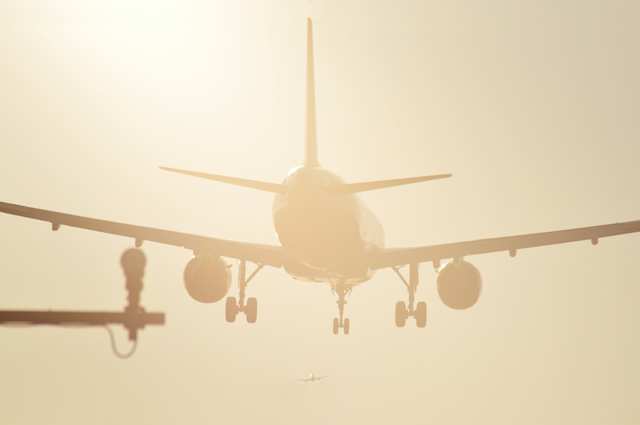
Plane in the air
Paying for things during your trip
Understanding your money options is among the essential things to know before visiting London...as before any big adventure. Most people don’t bother using traveller’s cheques anymore, but if you do, American Express is the most trustworthy to deal with in case of problems. These days most travellers will exchange a small amount of cash at a bureau de change at the airport (whatever you’ll need for a taxi, train and those all immportant snacks), then use their credit card for purchases (London is a very card-friendly city) or ATMs when cash is needed. You can also change money at any UK post office (look for the bright red signs and letterboxes).
As on any trip, be wary of scammers and pickpockets. Don’t carry large amounts of cash, and keep some stashed in an emergency pouch worn under your clothing, along with your passport. It may seem overly cautious, but nothing ruins a holiday like a stolen passport: if this happens, find your nearest consulate or embassy, which can also help with visa questions and other travel concerns. If the exchange rate is good, you may find you can get excellent bargains on goods. Packing light and leaving room in your suitcase or duffel means no extra luggage on the way home; if you’re planning to shop for clothes, maybe you won’t need to bring as much. If you do want to bring home an extra bag of purchases, consider bringing a small cloth duffel that you can roll up easily for packing, but be sure to check your airline's baggage policy!
Knowing What and How to Pack
If you plan to bring or use electric appliances (such as a hair dryer or shaver), you may want to consider bringing your electrical plug adaptor (2 pin to 3 pin). More often than not, your chosen hotel, bed and breakfast, home rental or AirBnB will have what you need, but it’s best to be prepared. Consider simplifying your grooming routine too: could your freshly grown beard or untamed curls make their debut in London?
When it comes to your wardrobe, knowing what to pack for England is an endlessly challenging dilemma. The weather in London can be quite changeable, even if the forecast seems reliable. Layers are the best antidote for these inevitable shifts in temperature – whether that be springtime snowfall or a touch of winter sun. Crucial items include a lightweight wool cardigan or wide scarf, and maybe a rain jacket (although Londoners will tell you that, actually, their city is very dry compared to most of the UK), along with comfortable shoes for walking. Bring at least one pair of shoes that will dry out quickly, in case a sudden downpour soaks your trainers (hint: crumple up paper towelling and shove into your shoes to help them dry out faster overnight). If you do need to pick up an extra item of clothing, there are plenty of shopping options; if you’re on a budget and/or love to treasure hunt, consider checking out the charity shops (like Oxfam, Save the Children, or Cancer Research UK), which can be great places to find barely worn (or even new) high quality clothing for a fraction of retail prices, as well as books, CDs and DVDs.
If you find you’ve forgotten something, Boots Chemist stocks a diverse array of necessities, and also has all your over-the-counter pharmacy needs (remember, paracetemol is the UK's name for what the US calls Tylenol). Neal’s Yard is a one stop shop for high-end all-natural skin and hair care, and will happily give you samples to try (these tiny pots and sachets are great for travel too).
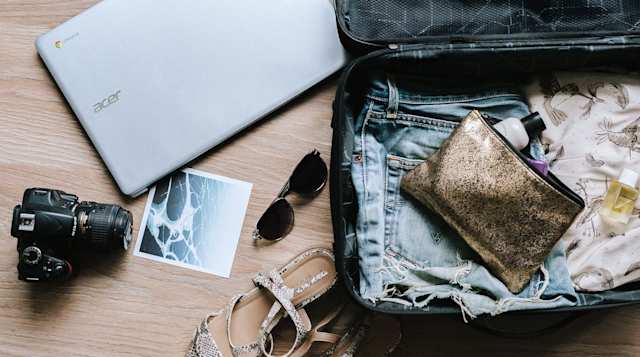
Open suitcase and gadgets
Food: It’s Not All Fish and Chips
On exploring central London, you may find yourself being lured into a number of restaurants claiming to serve up “authentic” English food like fish and chips, bangers and mash, or a full English breakfast. A good rule of thumb: if there’s a big colourful sign advertising authentic English cuisine, you should avoid it like the plague. It’s not that the food will necessarily be terrible, but the place is catering to tourists. If you want authentic food, you want to go where Londoners go. Easier said than done, but there are a few pointers to bear in mind.
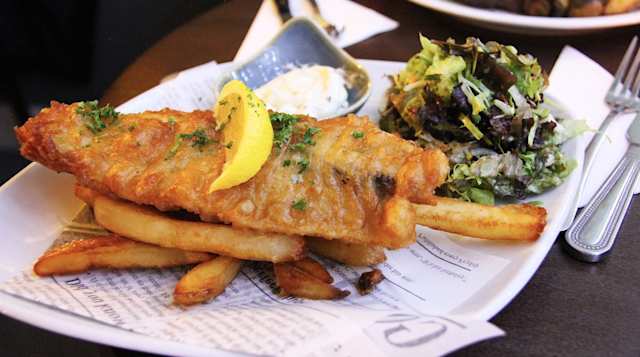
Plate of battered fish and chips
Most visitors to London (understandably) have a visit to the pub on their city break bucket list. The best pub food is generally found in places that don’t cater to the football crowd (hint: no huge screen TVs). Any pub will serve fish and chips, but it’s rare to find it prepared fresh (as opposed to from frozen fish). To combine a pub trip with quality fish and chips, check out Time Out's guide to finding the best fish and chips in London. If they're on offer, consider other homey English specialities such as lamb chops, shepherd’s pie or beef stew, or perhaps make a beeline for more refined British cuisine at Rules in Covent Garden. If you’re a vegetarian or vegan, most menus will have options for you, but you might do better seeking out this diverse city's rich variety of global cuisines – many of the city's famed Indian restaurants, for example, are entirely vegetarian.
Although you may be less excited to see the likes of Burger King, KFC and McDonald’s, London also has very good and reasonably priced local chains, like Leon (great value drinks and hot food). Starbucks is ubiquitous, but an equally popular local chain option for a coffee would be Pret a Manger, which has organic coffee and delectable sandwiches and is seemingly on every corner of the city. A good cream tea is hard to beat but, it should go without saying, not all cream teas are created equal. This is an experience best had in a small village tea room in the West Country, but if you opt for a cream tea in London, remember: the jam goes on the scone first. Perhaps not the most crucial of things to know before visiting London, but you'd be surprised how many enemies some misplaced jam can win you.
So, you're all clued up on the essential things to know befoew visitng London and now you need to find your perfect base in the city? Why not let Plum Guide's resident experts aid you in the search for the ideal London home, whether that's your very own palatial getaway close to Buckingham Palace, or perhaps an affordable London retreat?






